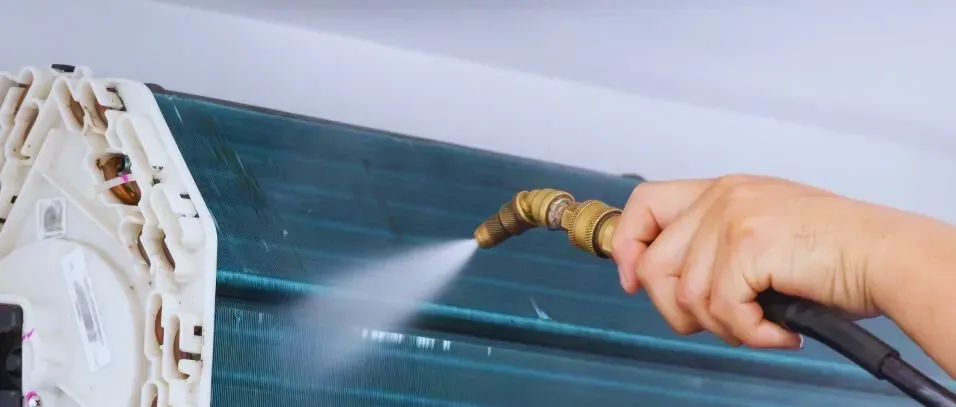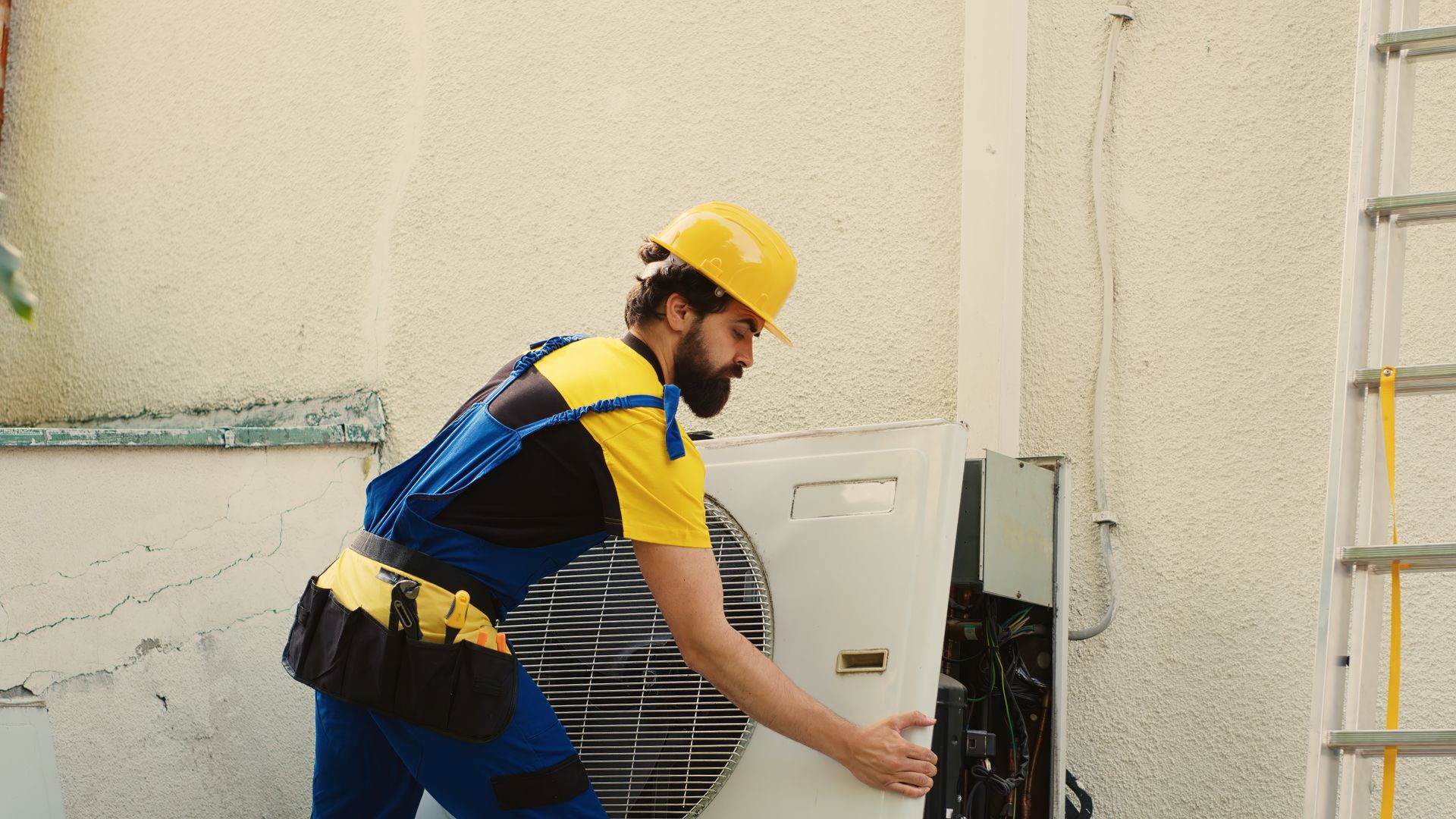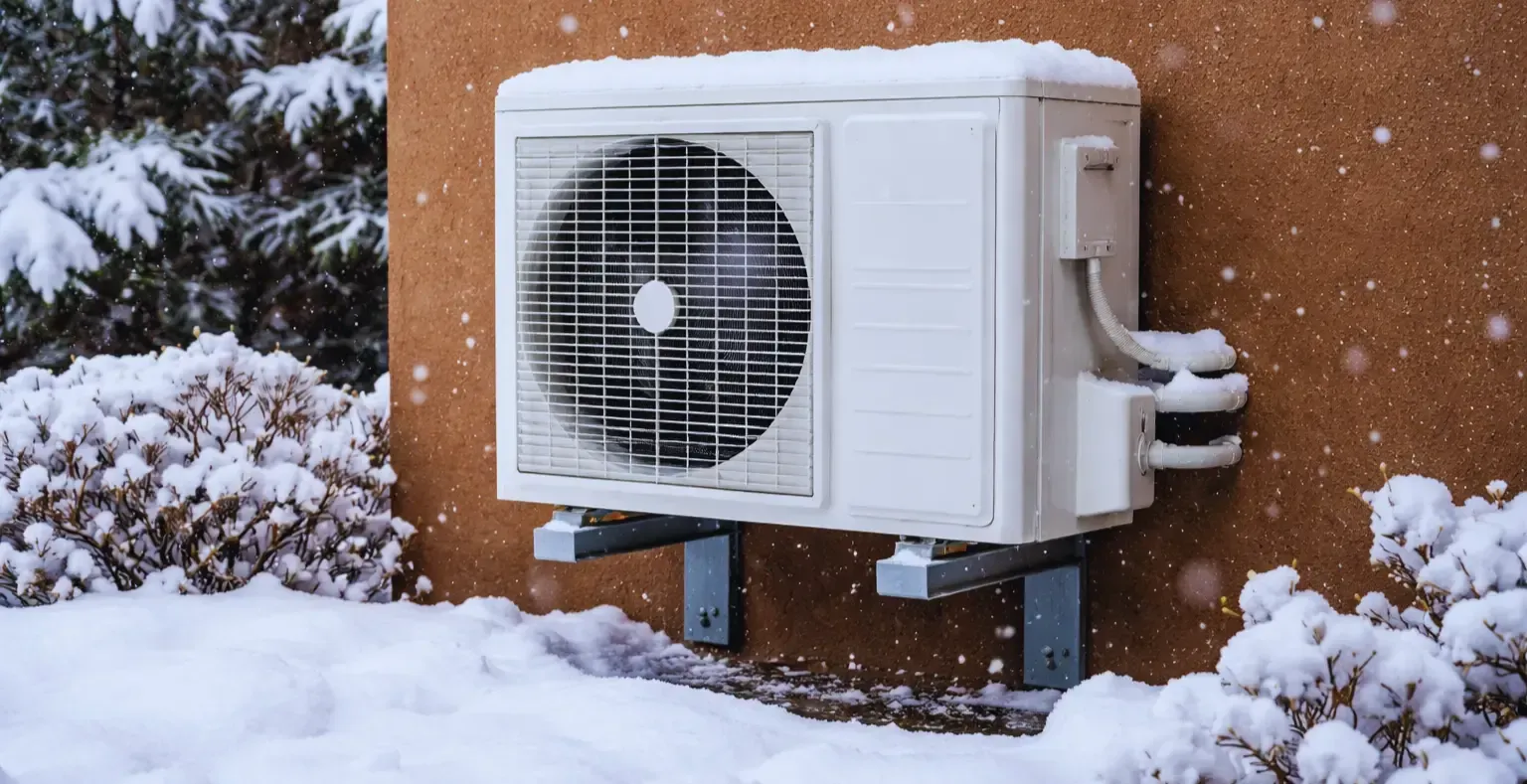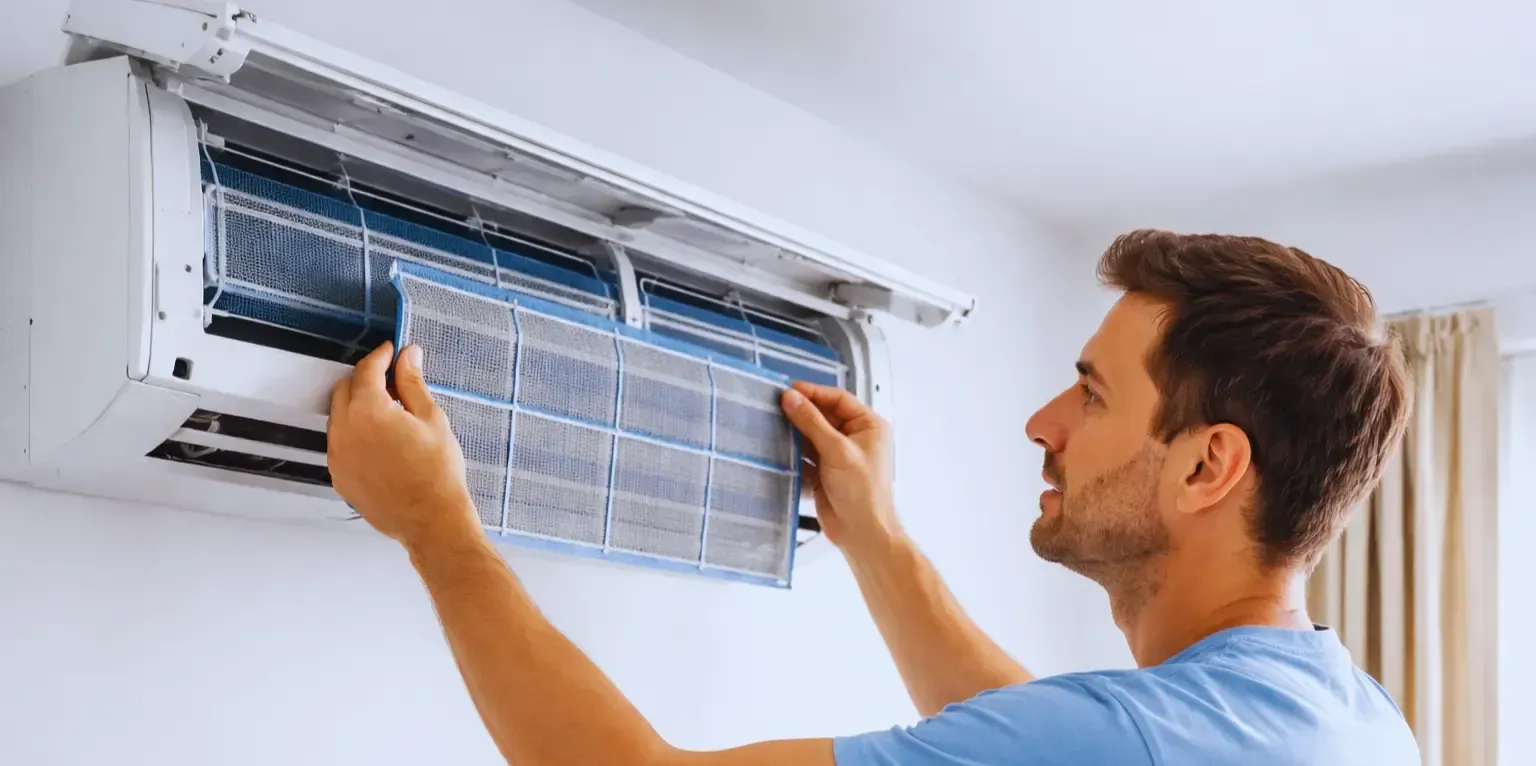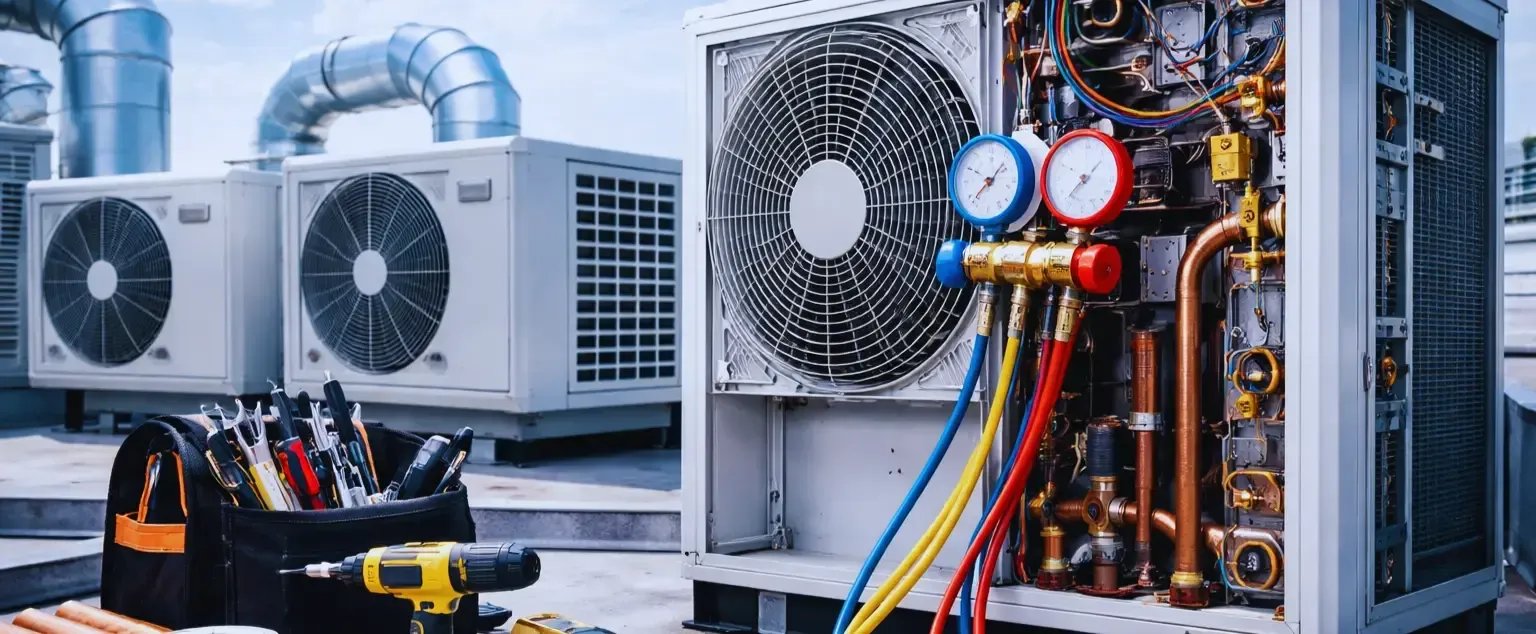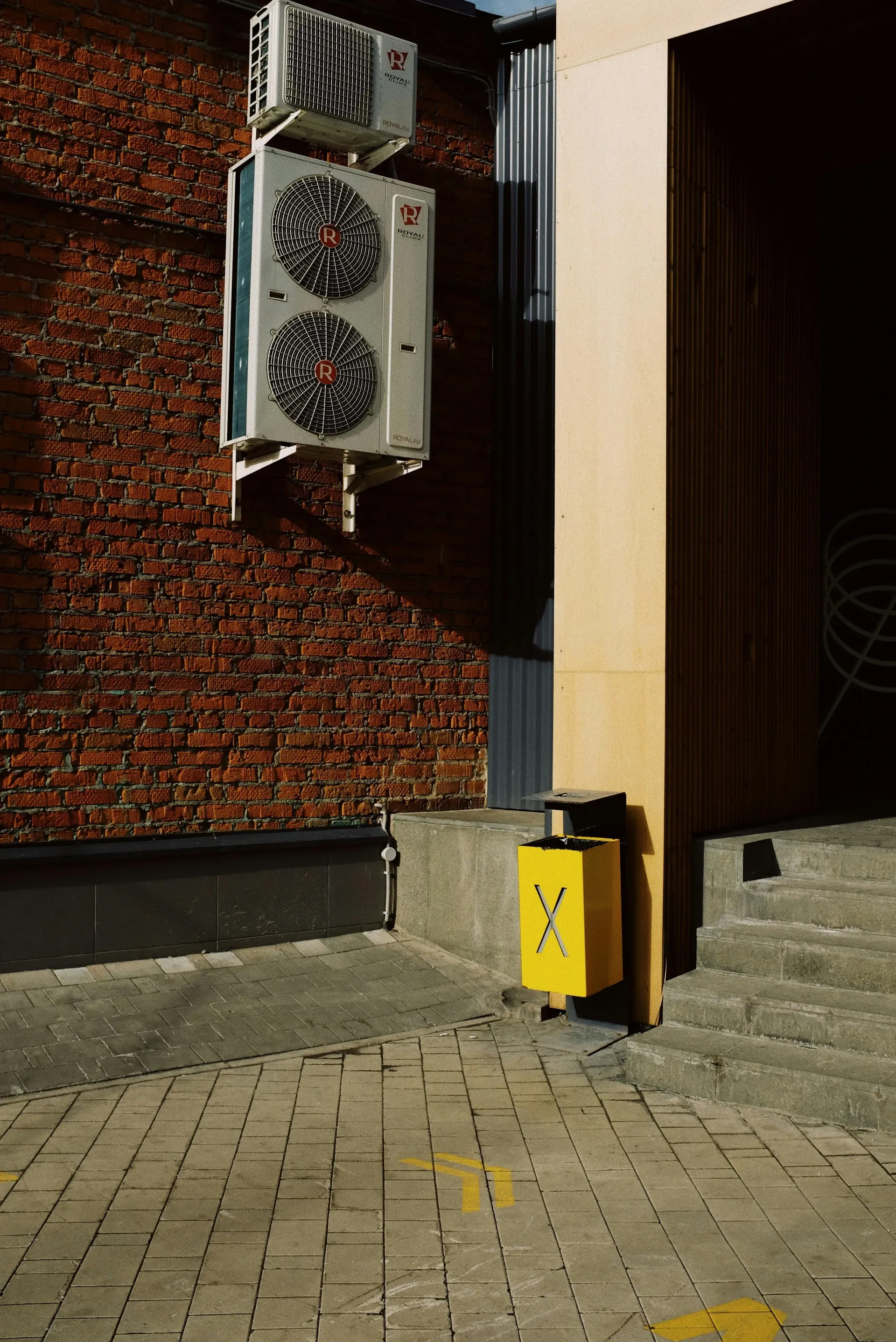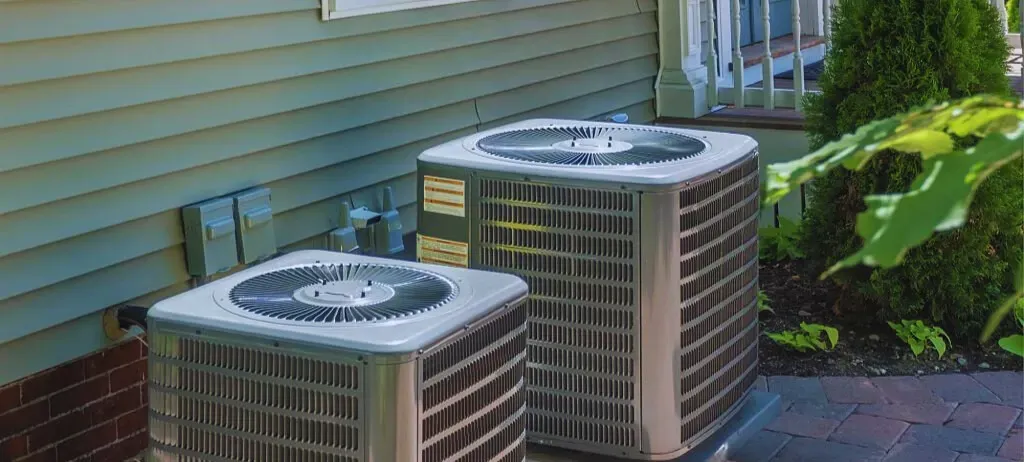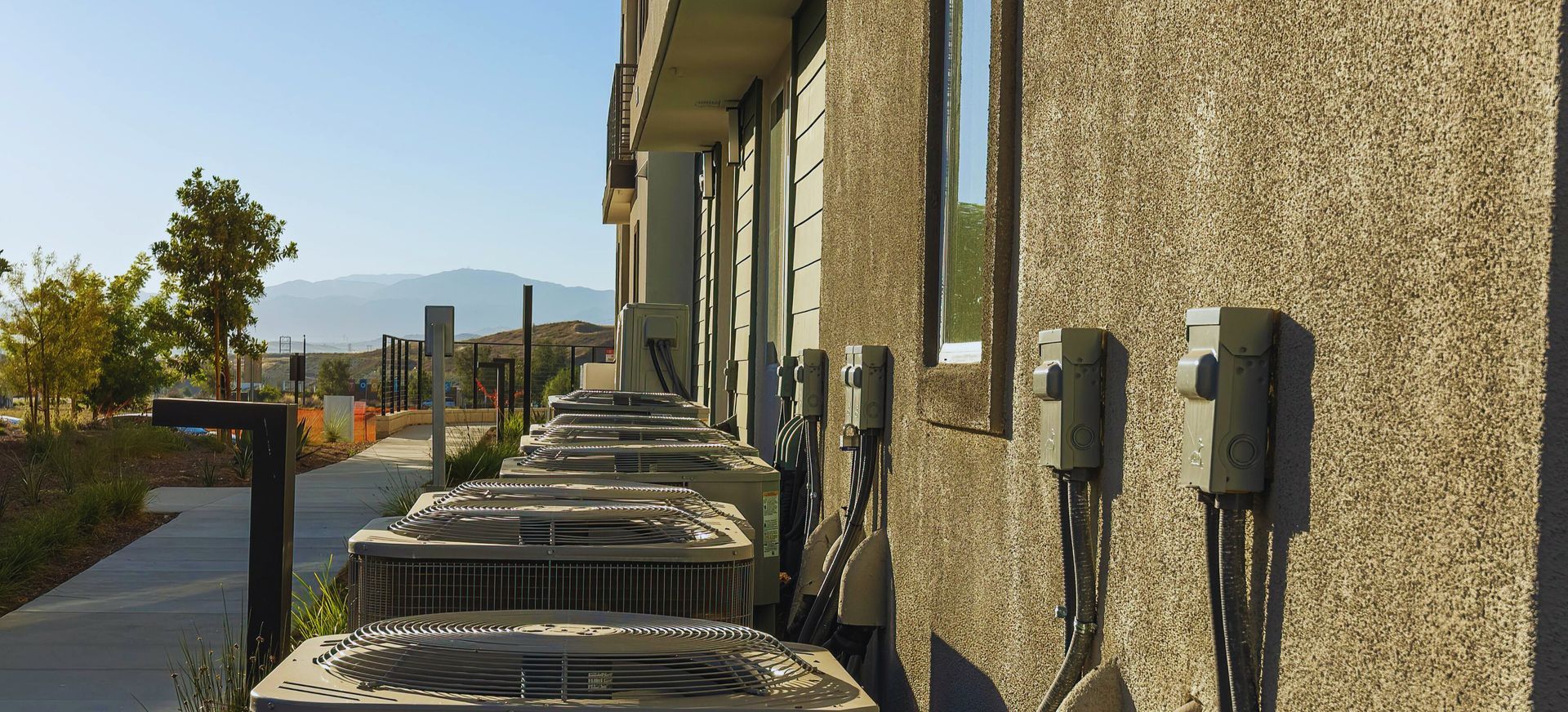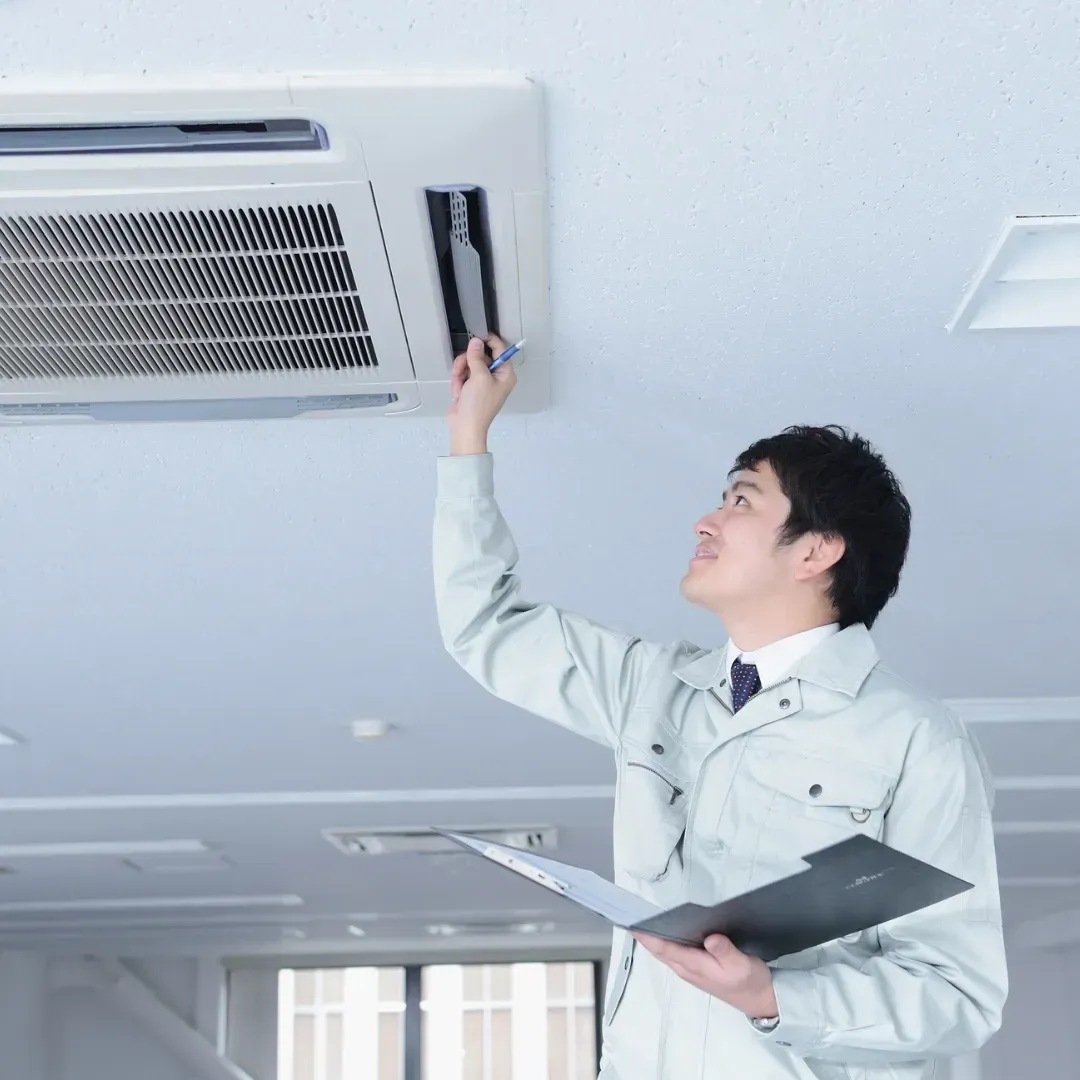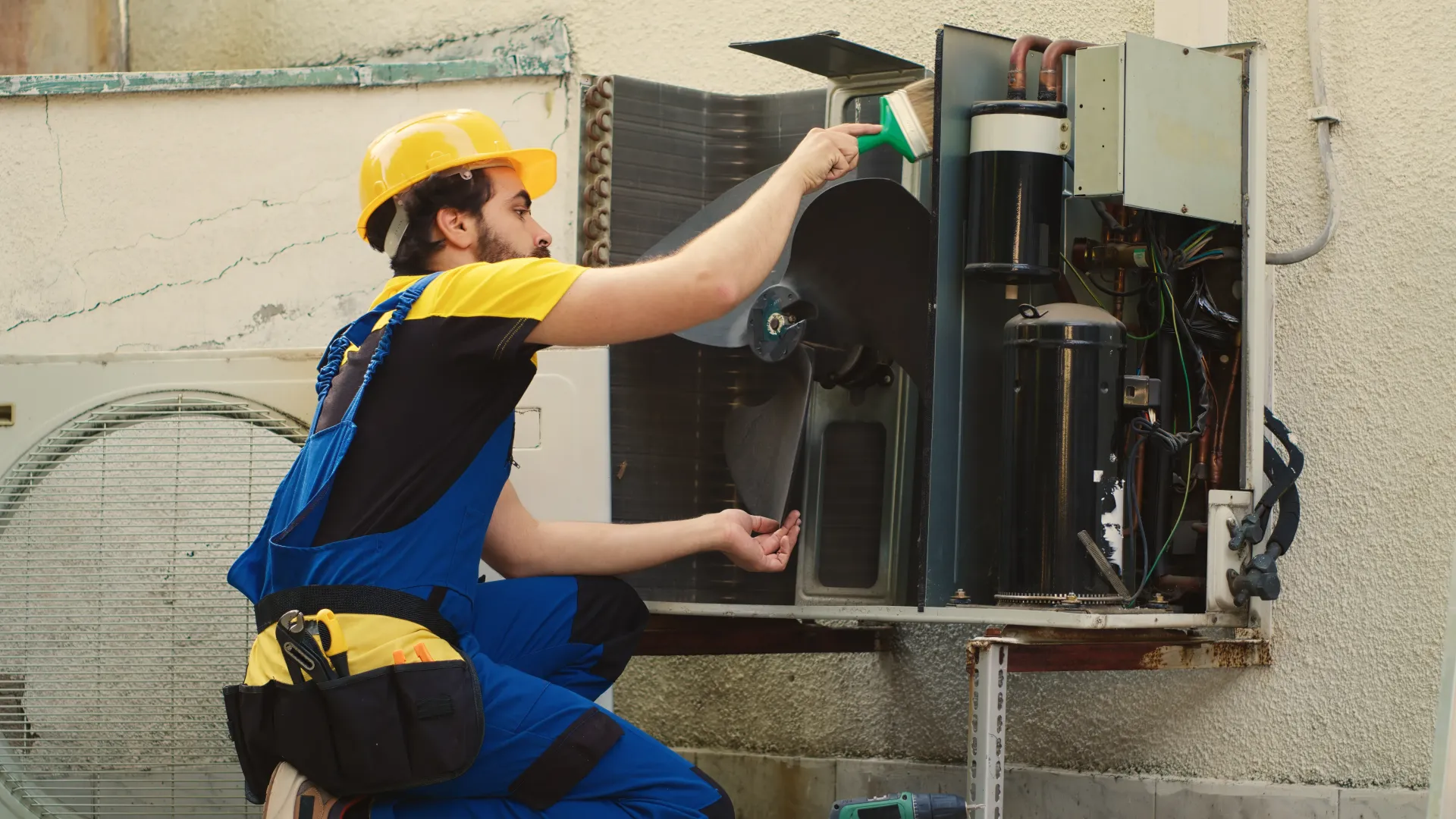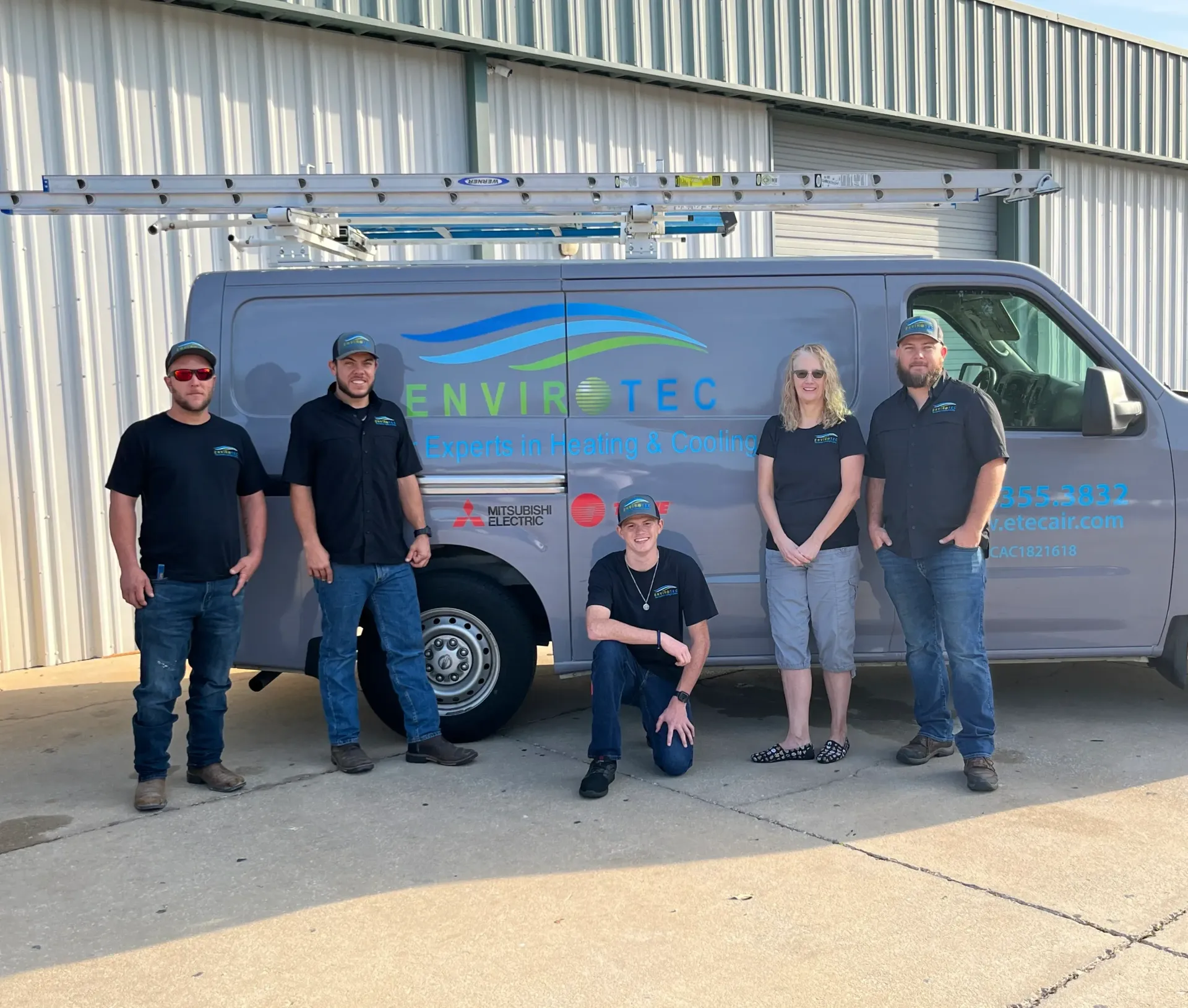Why Regular HVAC Filter Maintenance Is Key to Peak Performance
Whether you're trying to slash your energy bill or breathe easier at home, regular HVAC filter maintenance is not just a good idea—it’s a necessity. Your HVAC system works tirelessly, often behind the scenes, to keep your indoor environment comfortable and safe. But here’s the kicker: its efficiency hinges heavily on one small component—the air filter.
Routine HVAC filter maintenance is the unsung hero of home and commercial comfort. When filters are ignored, your system has to overwork, resulting in higher costs, more frequent breakdowns, and poor air quality. That’s not just inefficient; it’s downright expensive.
In this article, we’ll explore how a well-maintained filter can mean the difference between a struggling system and one operating at peak performance—guaranteeing comfort, health, and savings.
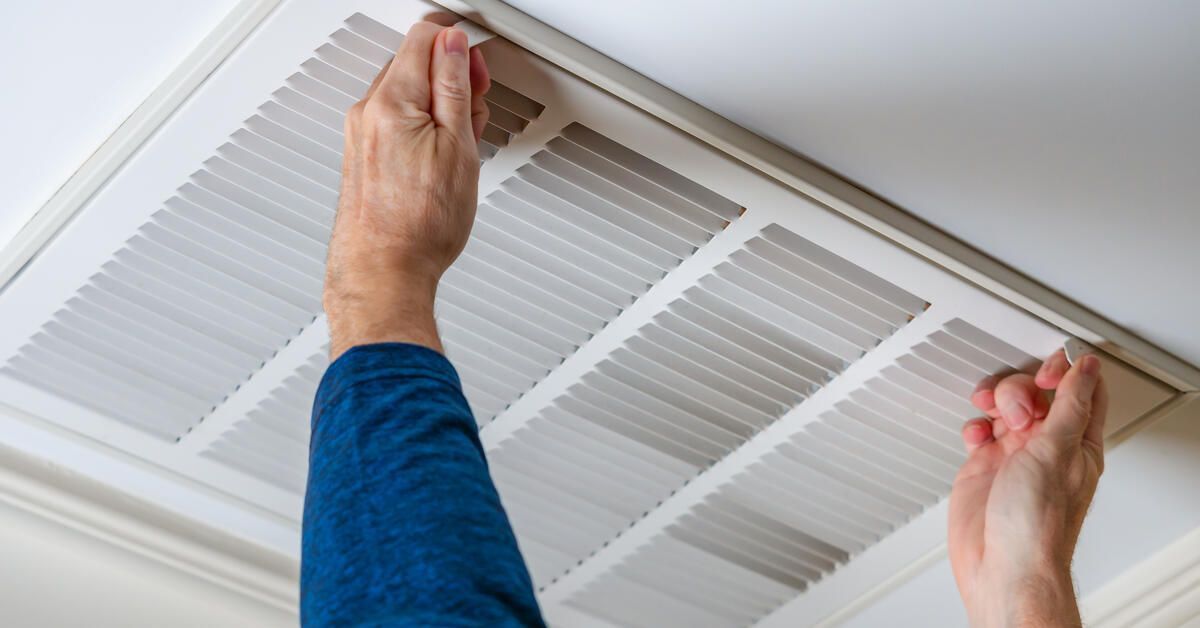
Introduction to HVAC Efficiency
Heating, Ventilation, and Air Conditioning (HVAC) systems are vital for regulating temperature, humidity, and air quality. But they are only as efficient as their weakest link—and often, that link is the air filter. An HVAC system without proper maintenance is like a marathon runner with one shoe untied—technically functional but far from optimal.
By ensuring your system runs efficiently, you reduce energy usage, lower utility bills, and extend the lifespan of your equipment. That efficiency starts with clean, regularly checked filters.
Understanding Your HVAC Filter
Your HVAC filter’s job is deceptively simple: trap dust, dirt, and debris before they can circulate through your vents. But different filters perform this task with varying levels of effectiveness.
Common Types of HVAC Filters:
- Fiberglass Filters: Inexpensive, basic filtration
- Pleated Filters: Enhanced dust and pollen capture
- HEPA Filters: Capture 99.97% of airborne particles
- Electrostatic Filters: Reusable and washable
- Activated Carbon Filters: Ideal for odor removal
Choosing the right one depends on your priorities—be it cost, health, or performance.
Clogged Filters and Performance Loss
Let’s call it what it is: a dirty filter is a performance killer. Over time, your HVAC filter traps more and more particles, which restricts airflow. This forces the system to work harder, heating or cooling less effectively.
That excess strain doesn't just reduce efficiency—it shortens the system's lifespan. Motors run hotter, wear increases, and the risk of breakdowns multiplies. All because of neglecting a part that costs just a few dollars to replace.
Energy Consumption and Filter Cleanliness
Want to lower your energy bill? Start with your filter. A clogged filter can increase HVAC energy use by up to 15%. That’s money literally floating out of your ducts.
With clean filters, the system can “breathe” easily. That translates to smoother operation, faster climate control, and less frequent cycling.
- Tip: Consider a smart thermostat to monitor system efficiency alongside filter condition.
Indoor Air Quality and Filter Efficiency
Every breath you take indoors is filtered through your HVAC system. Poor filter maintenance allows allergens, mold spores, pet dander, and even bacteria to recirculate in your home.
This can exacerbate asthma, allergies, and respiratory issues—especially for children and seniors. High-efficiency filters like HEPA or those with a higher MERV rating make a world of difference.
If you're managing a property or business, ensuring good indoor air quality can improve employee productivity and reduce absenteeism.
The Link Between Filters and System Longevity
Replacing your HVAC system is no small investment. Fortunately, regular filter changes can add years to your unit’s life.
Here’s how:
- Reduced strain on the blower motor
- Fewer overheating incidents
- Less frequent repairs
- Optimized airflow
A small act with long-term rewards.
Seasonal Challenges for HVAC Filters
Each season brings unique stressors:
- Spring: Pollen overload
- Summer: Dust and pet hair
- Fall: Mold from fallen leaves
- Winter: Sealed homes trap indoor pollutants
Make seasonal filter replacement part of your home maintenance checklist to stay ahead.
How Often Should You Replace HVAC Filters?
While frequency depends on your system, usage, and filter type, a general guideline is:
- Basic fiberglass filters: Every 30 days
- Pleated filters: Every 60–90 days
- HEPA filters: Every 6–12 months (check manufacturer guidelines)
Homes with pets, smokers, or allergy sufferers may need more frequent changes.
Signs Your Filter Needs Attention
Stay alert for these red flags:
- Musty or dusty smells
- Increased allergy symptoms
- Visible dust buildup near vents
- System running constantly
- Higher energy bills
Don’t wait for disaster. Prevention is the best protection.
DIY vs Professional Filter Maintenance
You can certainly change filters yourself, but professionals add value with full system diagnostics.
DIY Pros:
- Cost-effective
- Easy and quick
Professional Service Pros:
- Comprehensive HVAC System Service
- Better airflow testing
- Spotting hidden issues
Need expert help? Book a service at HVAC System Service.
Using Smart HVAC Monitoring Tools
Smart homes get smarter every day. HVAC systems now offer app-based monitoring that alerts you when it’s time to change filters.
These smart tools offer:
- Filter tracking
- Efficiency scores
- Air quality monitoring
No more guessing—just data-driven maintenance.
Common Filter Maintenance Mistakes
Avoid these pitfalls:
- Forgetting to replace filters
- Using the wrong size
- Reusing disposable filters
- Ignoring manufacturer recommendations
- Not checking seasonal needs
Pet Owners and Filter Frequency
Love your furry friends? Great. But they shed. A lot.
Pet dander, fur, and dust get sucked into filters faster. If you have multiple pets, change your filter every 30–45 days.
Allergy Sufferers and Filter Upgrades
If you or a loved one suffers from allergies, consider upgrading to filters with a MERV rating of 11 or higher.
HEPA filters are ideal for removing:
- Pollen
- Mold spores
- Pet dander
- Dust mites
Filter Maintenance in Commercial Spaces
Large-scale systems in offices or retail stores need industrial filters and monthly inspections. Downtime means lost revenue—something proper maintenance helps prevent.
Impact on Warranty and HVAC Guarantees
Neglecting maintenance can void your HVAC system’s warranty. Most manufacturers require proof of filter replacement and routine upkeep.
Keep receipts. Schedule reminders.
Cost Savings of Regular Filter Maintenance
Clean filters = lower bills. That’s simple math.
Just a $10 filter change can:
- Save $50+ monthly on energy
- Prevent a $500 repair
- Extend equipment lifespan by years
How HVAC Filter Maintenance Supports Sustainability
Using less energy helps the environment. It reduces your home’s carbon footprint and conserves resources. One small act—massive impact.
Filter Maintenance Checklist
Monthly
- Inspect filters
- Note airflow changes
Seasonally
- Replace filters
- Check vents and ducts
Yearly
- Schedule full HVAC inspection
- Upgrade filters if needed
Myths About HVAC Filter Maintenance
“Filters only affect air quality.”
They affect performance, cost, and system longevity.
“You don’t need to change them if they look clean.”
Many pollutants are microscopic and can’t be seen.
Choosing the Right HVAC Filter for Your Needs
Match your filter to your lifestyle:
Need Filter Type
Allergy relief HEPA / MERV 13+
Budget-conscious Pleated MERV 8
Pets MERV 11
Smoke or odor Activated carbon
Best Practices for HVAC Filter Storage
Store in a cool, dry space—away from direct sunlight. Keep filters in their packaging until use to prevent contamination.
How Dirty Filters Affect HVAC Noise Levels
Restricted airflow increases fan effort. That leads to rattling, humming, and groaning sounds. Replace filters to enjoy a quieter home.
Filter Maintenance and Smart Home Integration
Pair your HVAC with smart thermostats like Nest or Ecobee. Use alerts and schedules to stay on top of filter changes effortlessly.
The Role of HVAC Professionals in Maintenance
When in doubt, reach out. Experts can assess airflow, system pressure, and indoor air quality better than any DIY method.
Need help? Reach out via the Contact page.
Benefits for Property Managers and Landlords
Proactive filter maintenance:
- Reduces tenant complaints
- Prevents costly breakdowns
- Preserves property value
Promoting Healthy Living Through Clean Air
Cleaner air equals better health. Regular HVAC filter maintenance supports:
- Stronger immune systems
- Better sleep
- Enhanced cognitive function
Case Study: Improved Efficiency After Maintenance
A small business in Austin reported a 22% drop in energy costs after implementing a strict monthly filter maintenance schedule. It also improved indoor air quality, reducing employee sick days.
FAQs About HVAC Filter Maintenance
How often should I check my HVAC filter?
Every 30 days is a good rule of thumb, even if it’s not due for a replacement.
Can I vacuum and reuse my filter?
Only if it’s a reusable type. Disposable filters should never be reused.
Will a dirty filter damage my system?
Yes. It can overwork the blower motor, reduce efficiency, and lead to costly repairs.
Are expensive filters worth the price?
If you have allergies, pets, or poor air quality, high-end filters are worth every penny.
What does MERV mean?
Minimum Efficiency Reporting Value—higher ratings capture more particles.
Can I set reminders to change filters?
Yes! Use smart thermostats or calendar apps to schedule checks and replacements.
Conclusion and Final Thoughts
If there’s one takeaway from this article, it’s this: don’t underestimate your HVAC filter. It’s small, yes—but mighty in impact. Regular maintenance is simple, cost-effective, and essential for comfort, safety, and savings.
So grab that calendar. Set a filter reminder. And give your HVAC the clean air it deserves.
Links:
